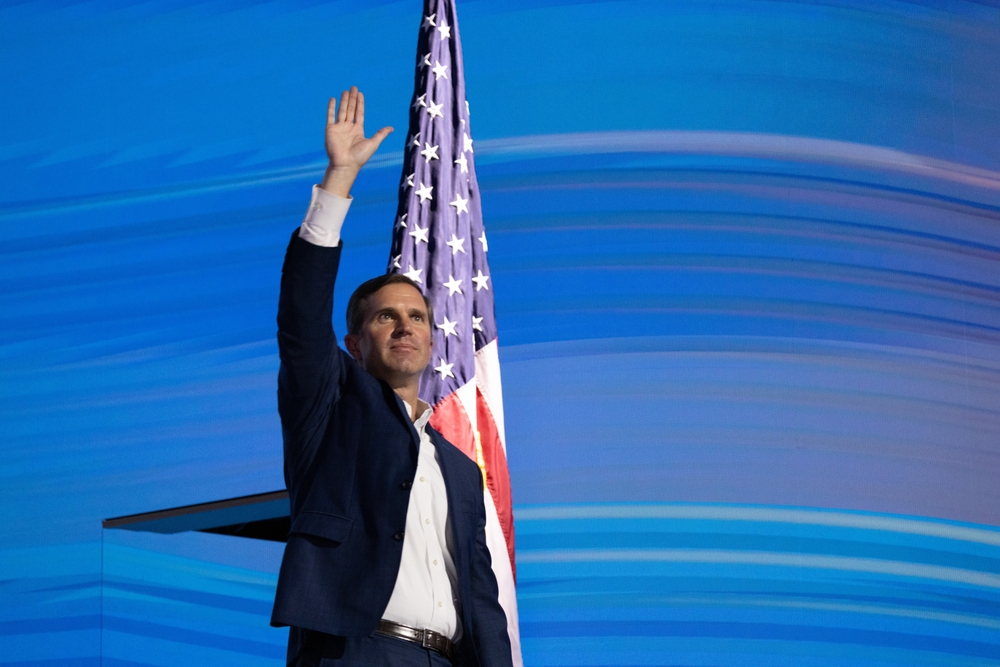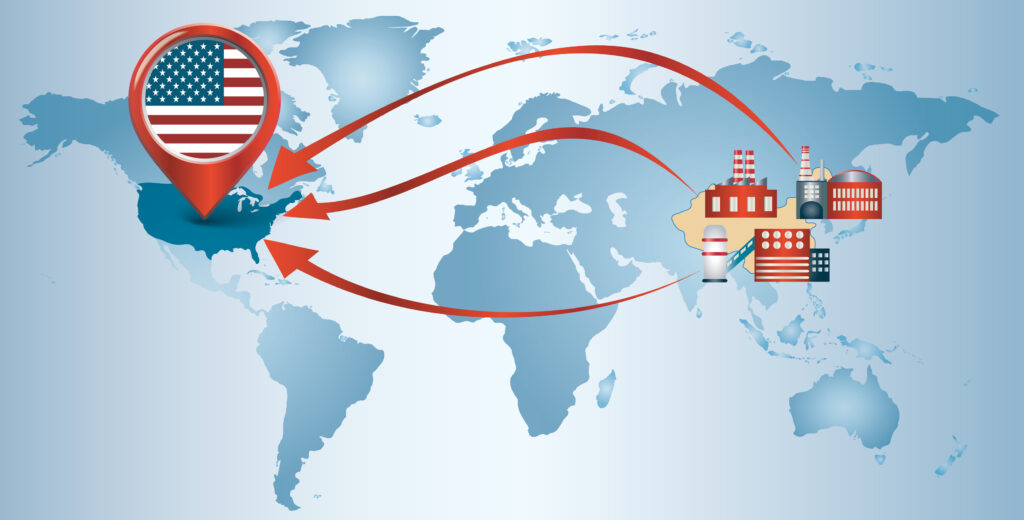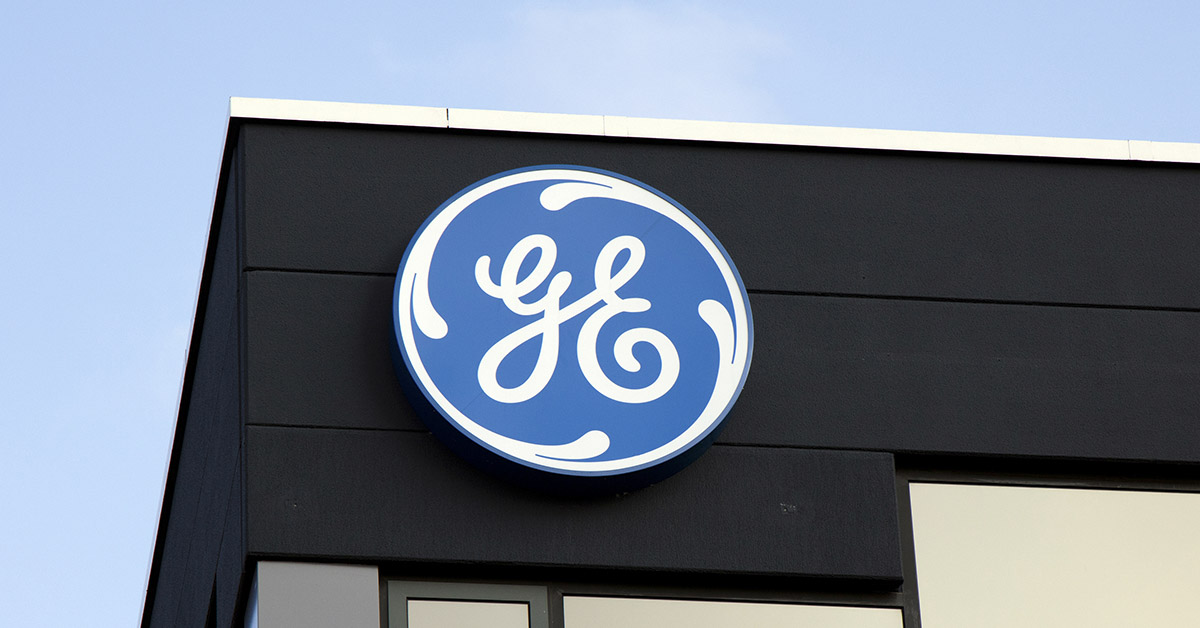GE Appliances is investing $490 million to relocate washing machine production from China to Louisville, Kentucky. The move will create 800 jobs and represents the largest piece of a $3 billion, five-year reshoring plan to bring more manufacturing back to the United States. Appliance Park will be upgraded and is expected to begin production in 2027, outfitted with advanced automation and robotics.
CEO Kevin Nolan said the move fits the company’s “zero distance” strategy to make products closer to customers. The project aims to sharpen GE Appliances’ position against Whirlpool in the U.S. market and reflects a long-term commitment to domestic production as trade rules evolve. Planning has been underway for six years, starting soon after a new line of front-load washers launched in 2019.
What the production line will look like and who will run it
The reshoring project will move the manufacturing of more than 15 front-load washer models from China into Building 2 at Appliance Park. Models include the GE Profile UltraFast Combo Washer Dryer and the GE Profile UltraFresh front-load washer lineup. Building 2 will stop fabrication and paint work and become a model factory. It will house automated guided vehicles, mobile robots, and robotic assembly systems.
Nolan told reporters the timeline this way, “To get this washer out fast, we said we’re going to tackle building the dryer plant in Louisville to make those and we’ll share the load and have the washer made in China. We always had a forward-looking view that this thing was going to come back to America.”
The facility will produce critical components in-house, including stainless steel baskets and cabinets, high-precision metal stamping and forming, and injection molding equipment. Production space will total roughly the equivalent of 33 football fields devoted to washing machine manufacturing. The company will spend 18 months preparing the facility. During that time, it will order specialized production equipment and also train workers. Production is scheduled to begin in 2027.
GE Appliances plans to develop specialized training programs for advanced manufacturing roles. It will work with local educational institutions to prepare workers for the new positions. The 800 new positions will include manufacturing technicians, automation specialists, quality control inspectors, and production line operators. As a result, this expansion will bring GE Appliances’ Louisville employment to nearly 8,000 workers.
How public funding and approvals sped the project
The Kentucky Economic Development Finance Authority approved $113.5 million in performance-based tax incentives under the Kentucky Jobs Retention Act, and Louisville added $4 million in cash incentives. These payments are performance-based and require meeting job creation targets and maintaining employment levels for set periods.
Nolan said government support was key to selecting Louisville and that the state beat out other competing locations. The deal came together quickly in the last month. “I know the government can’t build factories, but they can make building them easier,” he said.

Kentucky Governor Andy Beshear praised the announcement, saying, “GE Appliances has established Kentucky as America’s destination for advanced manufacturing and job creation, and today’s news shows this company’s belief in the commonwealth.” The Louisville investment caps a 10-day period that saw more than $6 billion in manufacturing investments announced across the state.
Read More: Global Tariffs and Their Threat to U.S. Prices: A Complete Guide
How the Louisville move fits a wider reshoring plan
GE Appliances, owned by China-based Haier since 2016, has invested $3.5 billion in U.S. manufacturing over the past decade. The Louisville washing machine investment anchors a broader $3 billion, five-year reshoring plan that moves gas range manufacturing from Mexico to Georgia, relocates refrigerator assembly from China to Alabama, and shifts water heater manufacturing from China to South Carolina.

The push to bring production home comes as trade policies and tariffs on foreign goods make domestic manufacturing more attractive. Lee Lagomarcino, vice president of clothes care, said tariffs on Chinese imports have pushed the company to “accelerate the decision making” on Louisville plans. GE Appliances executives say the choice was guided mainly by long-term business strategy rather than short-term trade pressures.
Nolan said the economics work for U.S. manufacturing through lean manufacturing, upskilling our workforce, and automation. When complete, the company will have invested nearly $7 billion in U.S. manufacturing and added more than 5,000 jobs since 2016. Bill Good, vice president of supply chain, called the investment “the hottest investment in American manufacturing this year.“
What local sourcing means for regional manufacturers
Manufacturing locally through reshoring lets production teams, design engineers, and research staff work more closely while reducing supply chain vulnerabilities exposed by recent global disruptions. The Louisville expansion will strengthen GE Appliances’ domestic supplier network by sourcing more components locally and regionally. That will boost demand for metal fabricators, electronics suppliers, and logistics firms across the Midwest manufacturing corridor.
GE Appliances adds $12.8 billion a year to Kentucky’s GDP and more than $30 billion to the U.S. economy. The company supports about 113,000 jobs directly and indirectly through its operations, suppliers and distribution networks.
The Louisville investment is the second largest in company history when adjusted for inflation, behind the original creation of Appliance Park in the 1950s. The investment shores up the company’s claim to be America’s number one appliance maker. Nolan said, “Bold investments like this one can usher in a new era of U.S. manufacturing.”
Read More: China Deploys Surveillance Drones and Cuts Power as Chikungunya Crosses Borders

